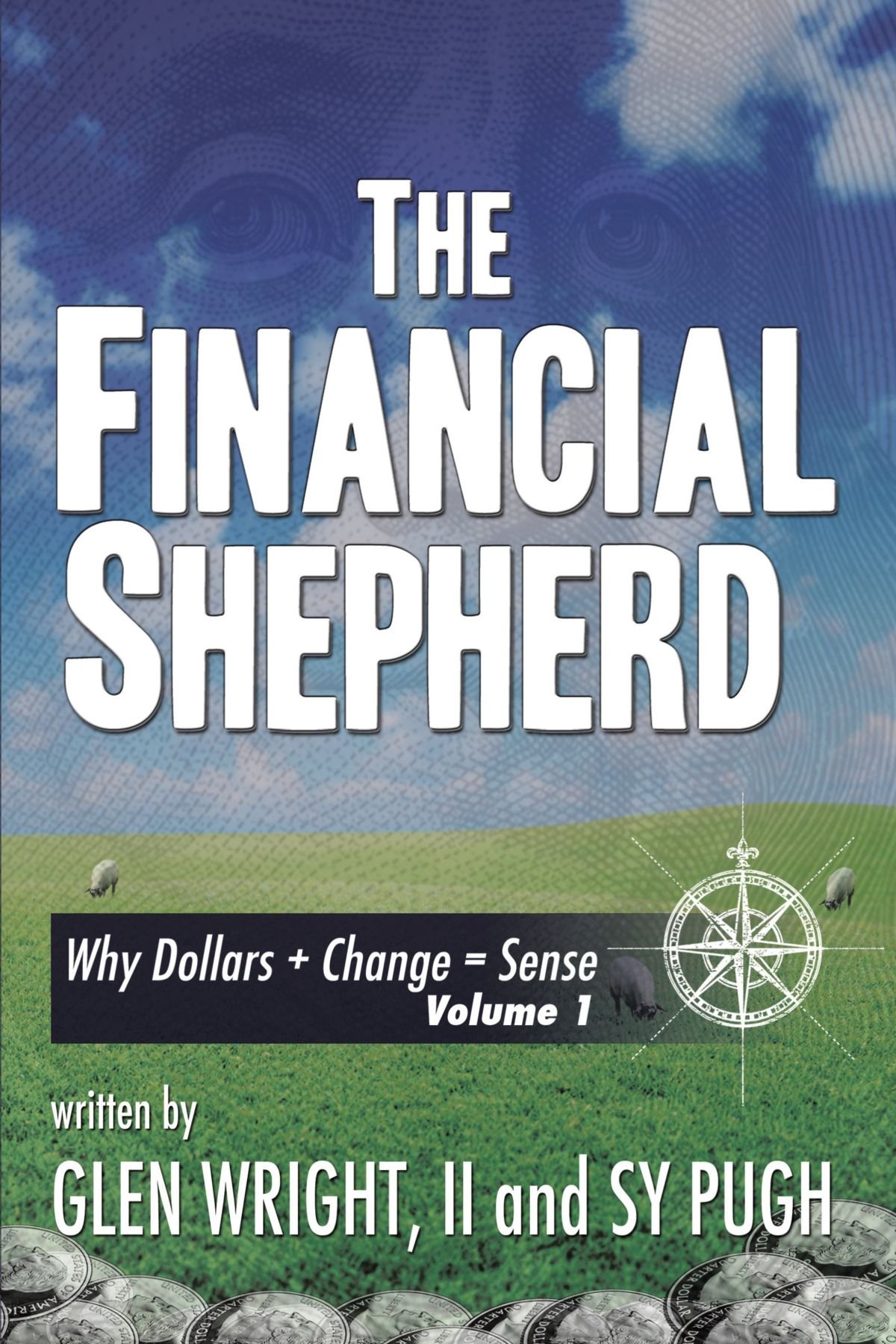Excerpt Adapted From: The Financial Shepherd®–
Why Dollars + Change = Sense by Glen Wright and Sy Pugh
Without question, we know the key first step in financial planning is goal-setting. By setting new goals, one acquires a new sense of purpose. We routinely encourage our clients to consider and develop a plan for their life dreams – and most importantly – to dream big. As believers, when we put our dreams in God’s hands, we are able to observe and experience the miraculous.
One of the other resulting consequences of setting goals is that we are forced to establish new relationships and develop new financial habits. New relationships provide us with greater opportunities and better results. I remember the first time I wanted to get in shape. I had never exercised a day in my life, but once I started, it felt great and I lost 10 pounds. I loved my lighter self, so I continued to do the same thing over and over until I hit a plateau. So then I decided that I needed to increase my goal and lose 10 more pounds. I didn’t know how I would do it, but I knew I wanted to do it because I was still vastly overweight. So I prayed about it, and literally the next week, a friend of mine who I considered to look like the Incredible Hulk told me he was moving to my side of town and asked me if there was a good gym nearby. I told him my gym was great, and I asked if I could train with him sometime. He agreed and three months later I lost an additional 25 pounds. I was in the best shape of my life. My friend gave me the support I needed to reach my new goals. The development of that new relationship forced me to establish a new routine and adopt new, healthy habits that helped achieve my fitness and weight loss goals. The same principles that applied to health and wellness also apply to financial fitness.
New personal habits allow us to obtain higher levels of achievement. By changing old habits, you tend to leave the old complexities of life behind. In order to work out with my friend, I had to wake up at 4:30 in the morning. I normally slept until 6:30 everyday, so this was quite an adjustment. After I decided to do that, I found myself benefiting in many other ways. First, I lost weight and I felt more confident. Second, I became more disciplined in other ways, like how I ate. It even enhanced my work ethic. I was now the first person at work every day and I really got a lot done before my employees arrived at the office in the morning. Previously, I had been working on weekends just to keep up, but now I was able to have my weekends to myself and not have to think about work. I didn’t make time to stop at the doughnut store before work any longer, instead I made smoothies and other healthy snacks at home. As a result, I saved money and calories. This extra time, energy, and confidence allowed me to be in places and meet people that I probably would not have encountered if I hadn’t set specific goals and then created a detailed plan to follow them based on renewed relationships and habits.
When setting goals, we must be careful to avoid measuring our success against the attainments of others. In our respective practices, we counsel and encourage our clients to ‘Measure From Behind’ – that means to look back and see just how far you’ve come, and how far God has brought you, based upon your own accomplishments. Our recommended strategy is to measure your own progress by your own progress and growth – not by anyone else.









